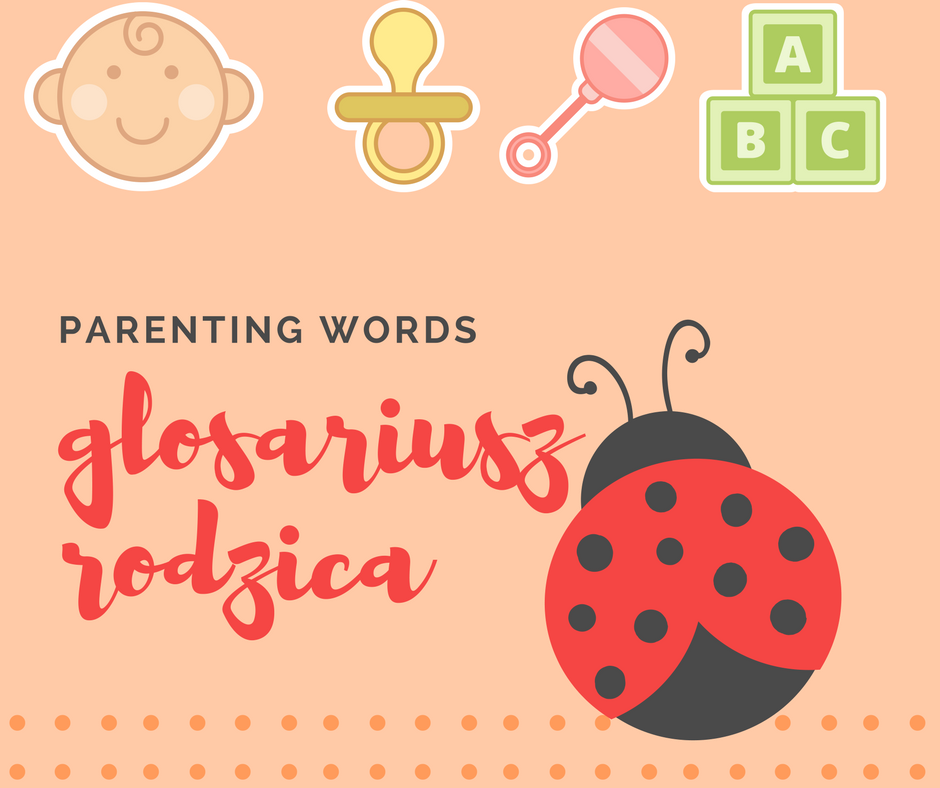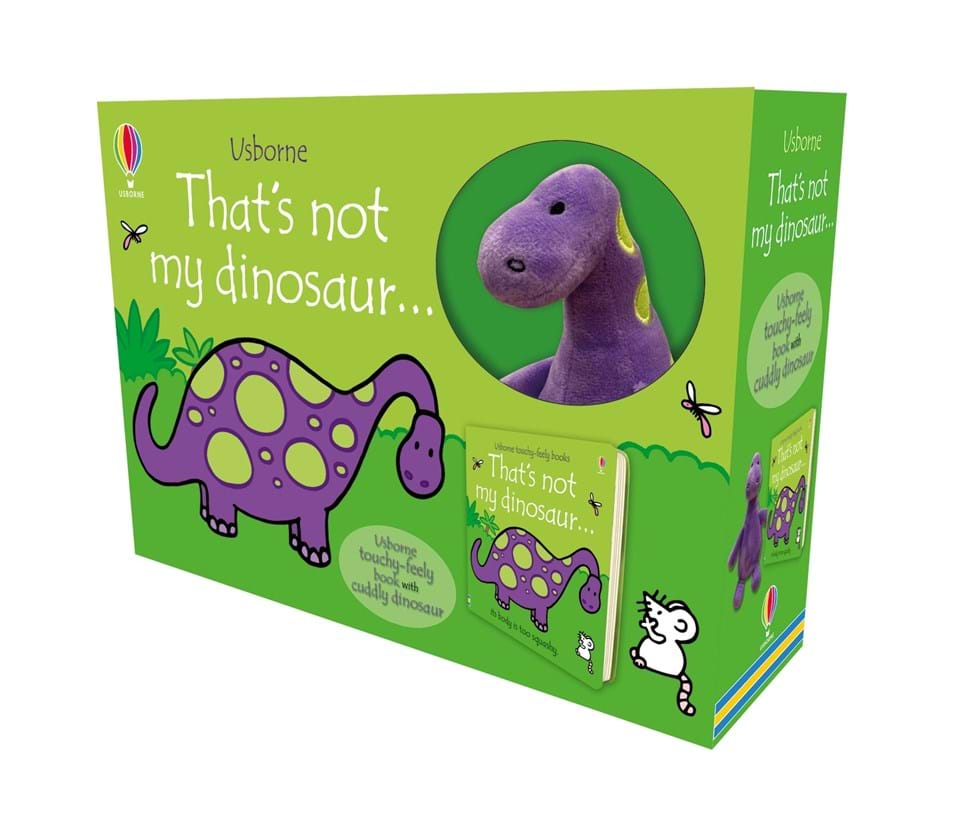słowa, które znają tylko rodzice
Rodzicielstwo zmienia wiele w życiu każdego rodzica. Niektórzy twierdzą, że zmienia się mózg matki. Nie wiem ile z tego jest prawdą, ale faktem jest, że namacalną zmianą jest wzbogacenie się słownictwa obojga rodziców o terminy związane z dzieckiem, ciążą, wychowaniem, bo czy jakiś nie-rodzic (nonparent), będzie zastanawiał się nad tym jak umyć twarz i pupę noworodka (top and tail your infant), czy ściągać i wylewać mleko po zakrapianej nocy (to pump-and-dump after a night out), jak efektywnie karmić przez sen (dream-feeding), czy dać się dziecku wypłakać (cry-it-out), lub ile czasu na brzuchu (tummy time) powinien spędzać wasz 4-miesięczny bobas.
Podczas ciąży rodzice myślą już o nadchodzących obowiązkach. Chcą się jak najlepiej przygotować, wyedukować. Cudnie by było, gdyby można się wyspać na zapas a przynajmniej skorzystać z ostatnich wakacji tylko we dwoje (baby moon). [o innych słowach z księżycem -moon w tle pisałam tu 😉 LINK]
W ciąży kobieta poznaje takie terminy jak niepowściągliwe wymioty ciężarnych (hyperemesis gravidarum), słyszy o syndromie wicia gniazdka (nesting), usłyszy o możliwym porodzie naturalnym po cesarskim cięciu (VBAC).
Ojciec pierwszy raz dosłownie odetnie pępowinę (cut the umbilical cord)[to wyrażenie ma w języku angielskim również takie samo metaforyczne znaczenie jak w języku polskim].
Po pojawieniu się dziecka na świecie, rodzice zaczną się martwić czy się dobrze rozwija, czy to dobrze, że dziecko siada z nóżkami w „w” (w-sitting), czy już rozszerzać dietę i jak zacząć to całe BLW, czy odpowiada nam metoda „karnego jeżyka” (the naughty step technique) telewizyjnych superniań, co robić by nie stać się za bardzo opiekuńczym rodzicem (helicopter parent) (o tych i innych tego typu słowach pisałam już tu LINK )
Czy mówić do dziecka „po dziecinnemu” (baby talk) [więcej przykładów „baby talk” lub „motherese” znajdziecie tu LINK]
GLOSSARY:
nonparent – a person who is not a parent
to top and tail colloq., to wash the face and bottom of (a baby or small child);
to pump and dump – to express and discard breast-milk following the consumption of alcohol
dream feeding – the practice of feeding a baby late at night while he or she is still somewhat asleep
cry-it-out adj. orig. N. Amer. designating a method of sleep training in which the child is left to fall asleep on its own and caregivers do not respond immediately to its cries.
tummy time – (in a young baby) time spent lying on the stomach, rather than the back, in order to help develop strength in the neck, arms, and upper back
babymoon – a holiday taken by a pregnant woman and her partner before the baby is born
hyperemesis gravidarum – Persistent vomiting leading to weight loss and dehydration, as a condition occurring in pregnant women.
nesting – the (often obsessive ) urge to clean, organize, and prepare before a baby’s birth
VBAC: Vaginal Birth after Cesarean – A vaginal birth by a woman who has undergone a caesarean section in a previous pregnancy.
W-sitting – the habit (mostly in young children) of sitting on the floor with the legs positioned out on either side of the body such that they form a ‘W’ shape
baby-led weaning – a method of introducing solid food to a baby’s diet, in which infants are encouraged to self-feed from the outset (rather than being fed from a spoon by an adult) and emphasis is placed on exploring smell, taste, texture, etc., rather than on how much food is consumed
naughty step n. chiefly Brit. a step, stool, etc., on which a child may be instructed to sit in isolation when misbehaving; the use of this as a disciplinary technique intended to modify behaviour by enforcing a period of solitary reflection.
baby talk n. the imperfect speech of a young child; the speech of an adult or older child imitating this, typically used when speaking to young children or pets; (more generally) nonsense.
Opracowane na podstawie:
OED Appeals: Parenting Words
https://blog.oxforddictionaries.com/2017/03/oed-mumsnet-parenting-words/











Interesujący mini słowniczek wyszedł z tych wszystkich słówek i wyrażeń. Przyszłym rodzicom przypadnie do gustu 🙂